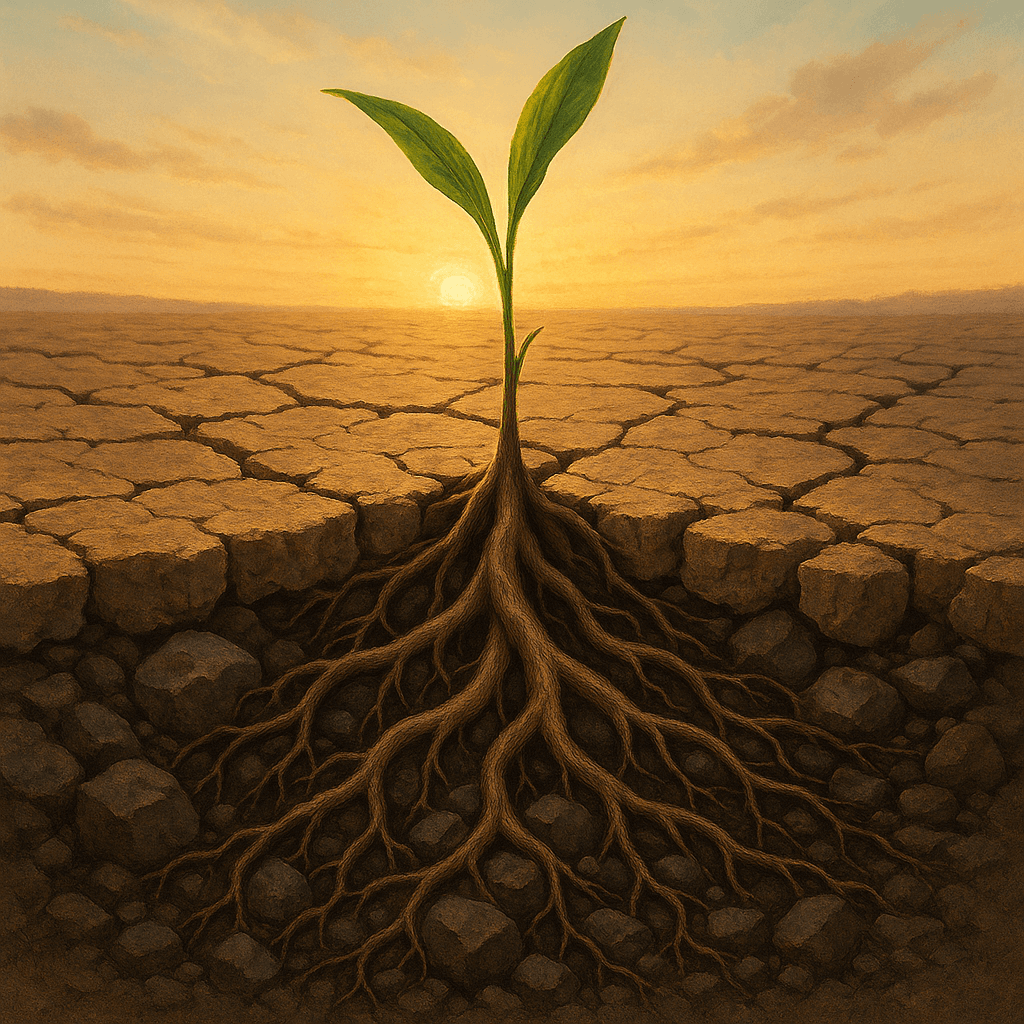Hope as Disciplined Action, Not Passive Waiting

Hope is not passive; it is a disciplined act. — Angela Davis
—What lingers after this line?
One-minute reflection
Where does this idea show up in your life right now?
Redefining Hope Beyond Optimism
Angela Davis’s assertion challenges a common perception of hope as mere wishful thinking or passive longing for better times. Instead, she insists that genuine hope is an active, deliberate choice. This reframing marks a shift from seeing hope as an emotion we feel to recognizing it as a disciplined practice we enact, even amidst uncertainty.
Historical Roots in Social Movements
Building on this definition, the history of social change offers vivid examples of hope wielded as disciplined action. During the US Civil Rights Movement, leaders like Martin Luther King Jr. described hope as a guiding force that spurred methodical organizing, strategic marches, and unwavering demands for justice. Their hope was not passive; it was relentlessly enacted through communal effort and principled persistence.
Angela Davis’s Own Activism
Davis herself embodies this concept. Her lifelong commitment to prison abolition and racial justice did not stem from idle optimism. Through decades of activism, scholarship, and organizational work, she has demonstrated that hope involves setting intentions, devising plans, and sustaining action, even when results seem distant. Her experience affirms that hope as discipline is forged through repeated, conscious effort.
The Role of Discipline in Sustaining Hope
Moreover, Davis’s formulation highlights discipline as key to hope’s endurance in adversity. Unlike fleeting enthusiasm, disciplined hope persists in the face of setbacks. As psychologist Charles Snyder’s work on ‘hope theory’ suggests, people with sustained hope regularly set concrete goals and chart paths to reach them, continually adapting to obstacles. Such discipline transforms hope into a resilient, renewable resource for individuals and communities alike.
Implications for Everyday Life
Consequently, when applied to personal and collective challenges, hope as a disciplined act urges us to move beyond idle expectation. Whether campaigning for change, pursuing education, or facing hardships, this approach teaches that hope flourishes not by waiting, but by acting. In this way, Davis’s insight invites us all to cultivate hope as a daily practice—one marked by resolve, preparation, and unwavering engagement with the world.